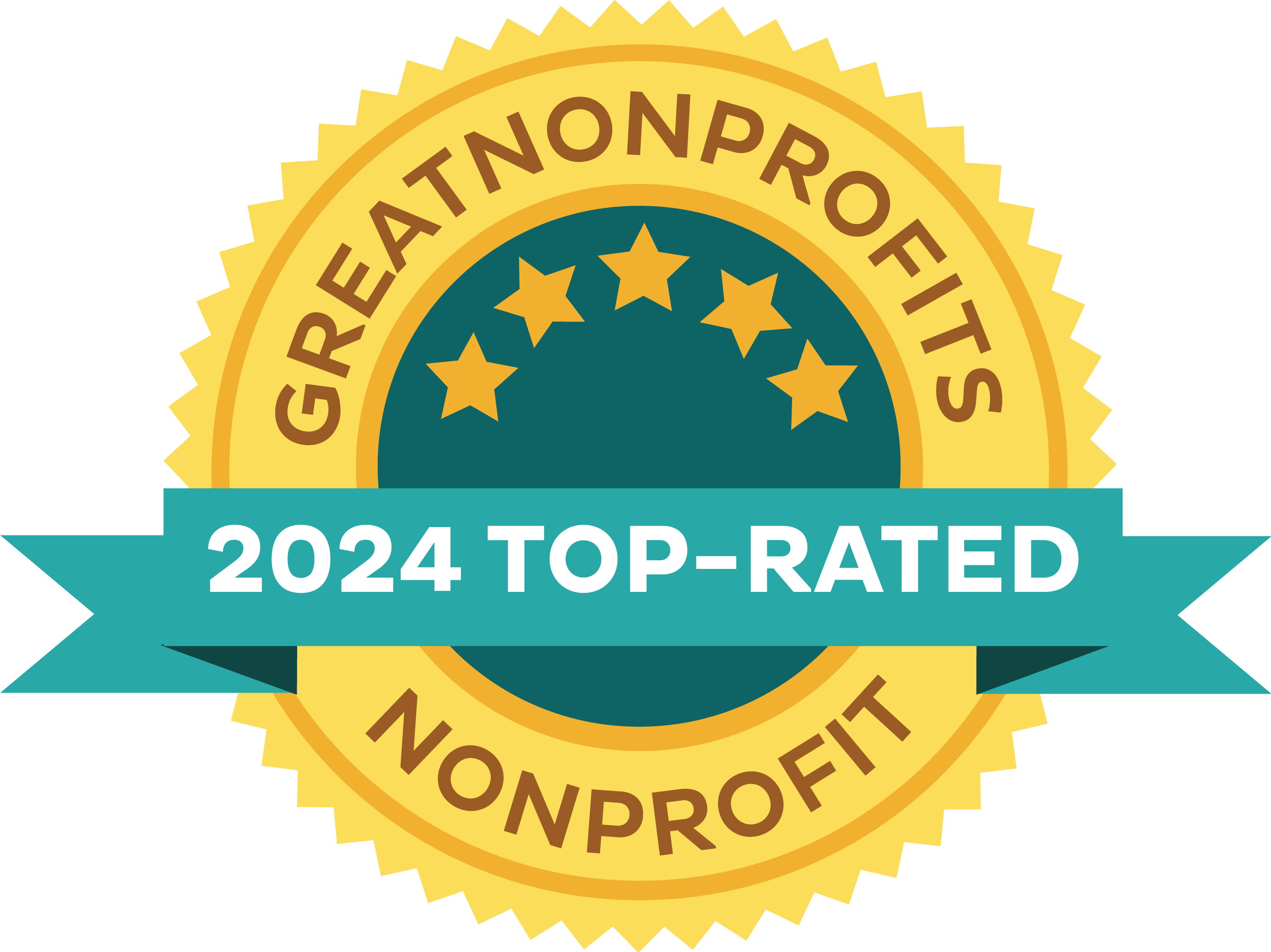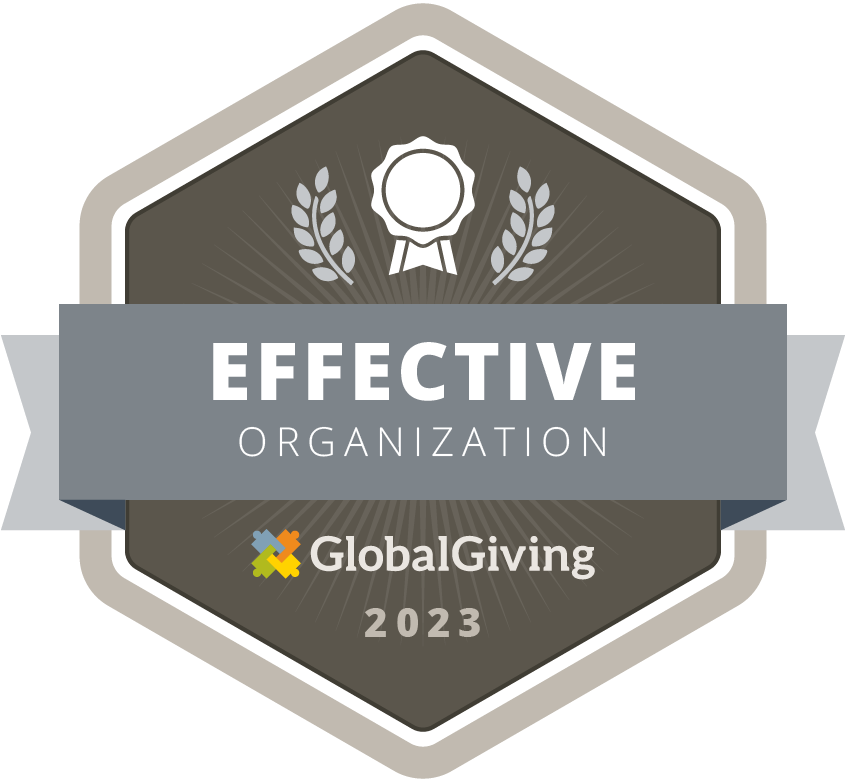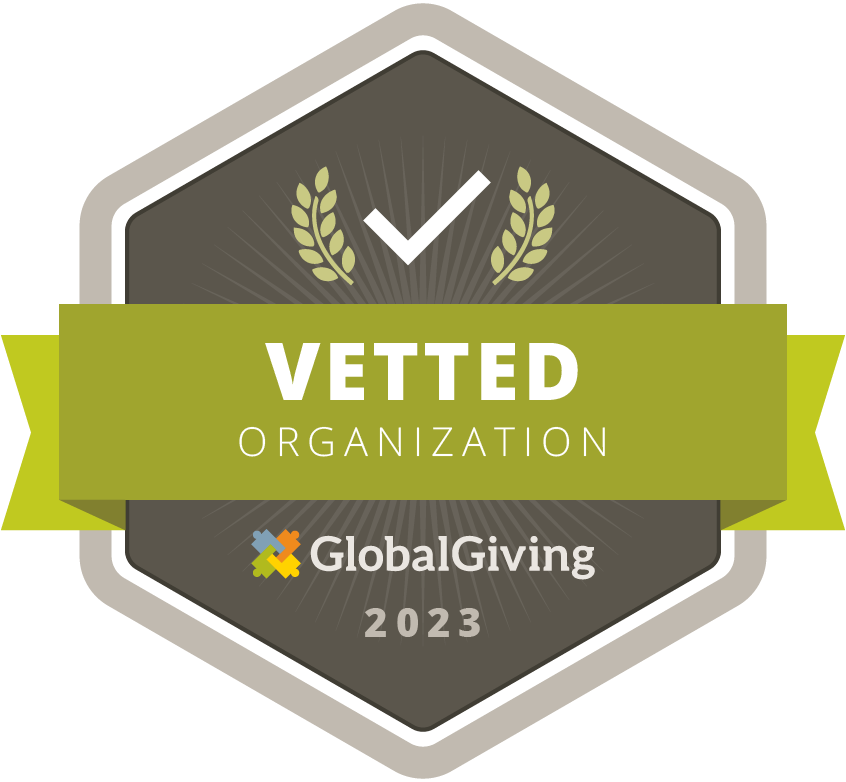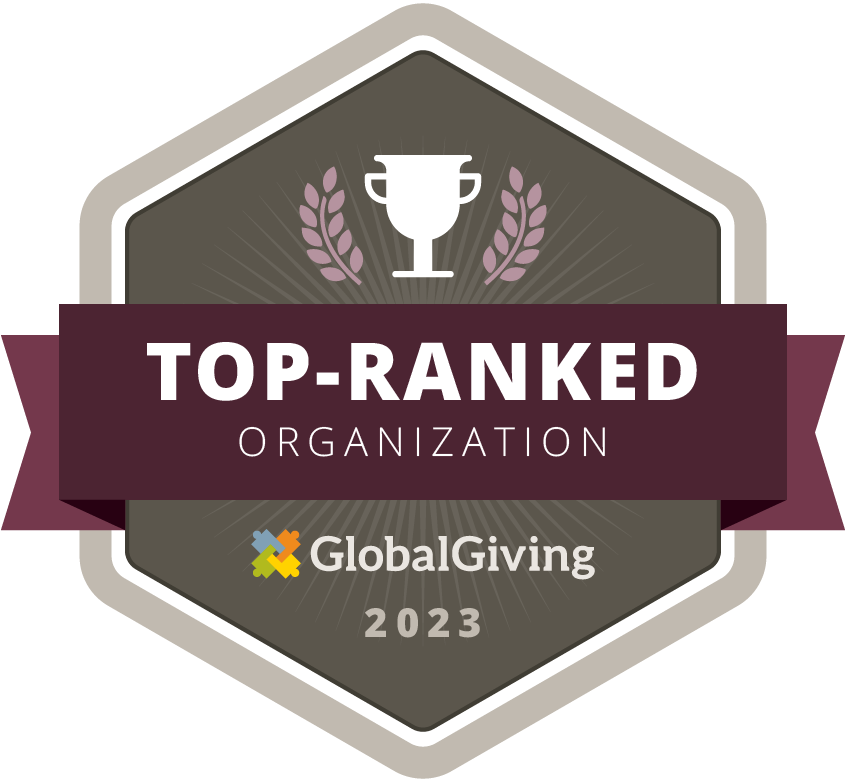It’s no secret that managing finances as a low-income parent comes with its own set of challenges, especially when it feels like every dollar has to stretch to cover rent, food, childcare, and more. At H.O.P.E., Inc., we understand these pressures, and we want to help you find ways to make the most of what you have. Here are some financial tips to help you better manage expenses and identify resources that can support you and your family.
1. Create a Realistic Budget
It’s not just important to create a budget, but also to stick with it. Begin by listing your income sources, then subtract your regular expenses—such as rent, utilities, groceries, and childcare. Tracking your spending helps you indicate space where small changes can free up funds, and it ensures that necessities are covered first. Prioritize items like rent, utilities, groceries, and any debt payments before spending on non-essential purchases.
These shoestring budgeting tips can help you avoid running short at the end of the month.
Use This Free Budget Planner to help!
2. Take Advantage of Local Resources and Assistance Programs
Local and government assistance programs can be invaluable. Programs like SNAP (Supplemental Nutrition Assistance Program), WIC (Women, Infants, and Children), and Medicaid are available to support low-income families with food, healthcare, and other essentials. Many communities also have local nonprofits, like H.O.P.E., Inc., that offer specific assistance for single parents, such as rent aid, childcare support, and financial training.
3. Save on Groceries with Smart Shopping Strategies
With some strategic planning, you can make the most of every dollar. Plan your meals in advance, buy in bulk for better deals, and use coupons and loyalty programs. Additionally, some food banks offer fresh produce and groceries to families in need.
Here are 5 tips for eating organic on a budget.
4. Set Aside Small Savings Regularly
Consider setting up an automatic transfer of just $5-$50 into a separate savings account each month. These small savings can create an emergency cushion for unexpected expenses or help fund family activities without adding stress to your budget.
5. Prioritize Debt Repayment with the “Snowball” or “Avalanche” Method
The “snowball method” focuses on paying off your smallest debt first, while the “avalanche method” prioritizes debts with the highest interest rates. Choose the method that feels most manageable to you and commit to it.
6. Set Long-Term Goals and Plan for the Future
Setting long-term goals can give you motivation and a clear sense of purpose. Whether your goal is paying down debt, saving for your child’s education, or completing your own college degree, long-term planning helps you prioritize where each dollar goes.
Remember that every small step counts, and each choice you make brings you closer to a stable financial future. At H.O.P.E., Inc., we’re here to support you with the resources and assistance you need to thrive. You’re not alone—and with a bit of creativity and perseverance, you can build a bright future for yourself and your family.







